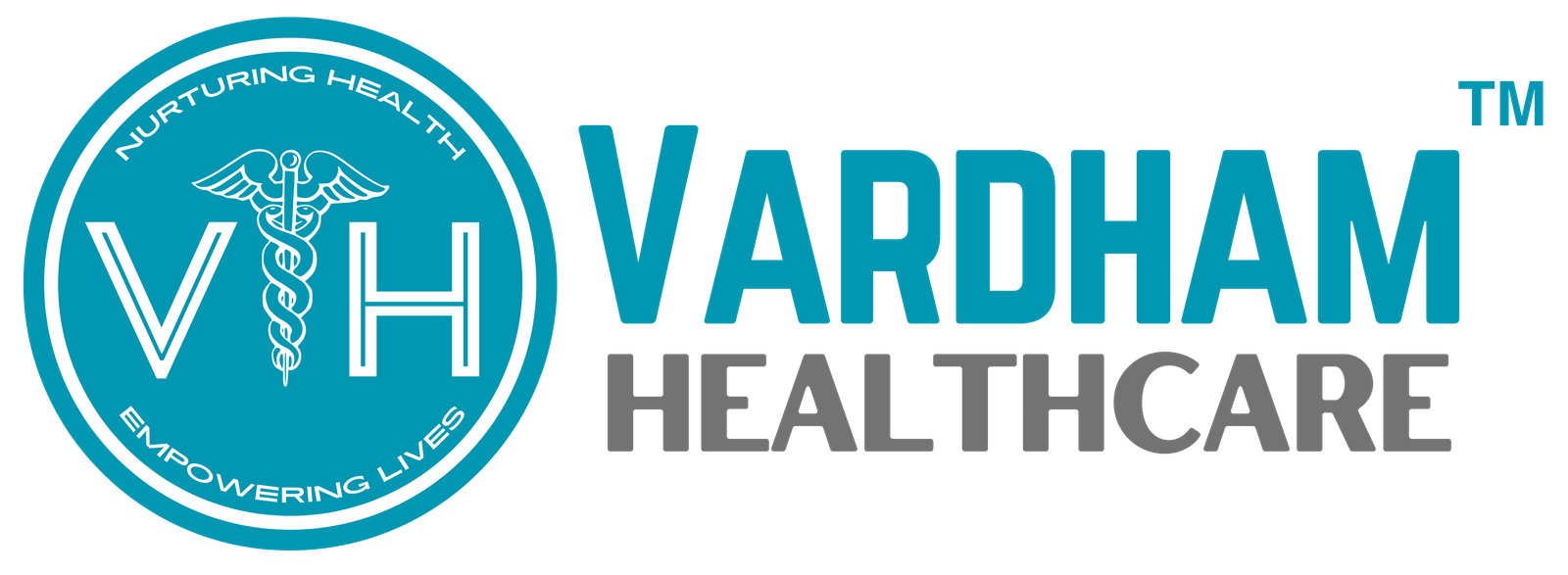Introduction: In recent years, the field of artificial intelligence (AI) has witnessed remarkable advancements, leading to the emergence of generative AI. This cutting-edge technology holds immense promise for revolutionizing various industries, including healthcare. In this article, we delve into the exciting world of generative AI and explore its diverse medical applications, from drug discovery to personalized treatment.
1. Drug Discovery and Development: One of the most significant applications of generative AI in medicine lies in drug discovery and development. AI algorithms can analyze vast datasets of biological information, including genetic data, protein structures, and disease pathways, to identify potential drug targets and optimize drug design. This accelerates the process of drug development, leading to more efficient and targeted therapies.
2. Personalized Treatment Planning: Generative AI can also play a crucial role in personalizing treatment plans for patients. By leveraging patient-specific data, AI algorithms can predict how an individual will respond to different treatment options. This enables doctors to tailor treatment plans to each patient’s unique needs, maximizing the chances of success and minimizing adverse effects.
3. Virtual Assistants and Patient Support: Generative AI can also be harnessed to create virtual assistants that provide patients with information, support, and guidance. These virtual assistants can assist patients in managing their conditions, scheduling appointments, and accessing relevant medical resources. They can also offer emotional support and guidance, enhancing the patient experience.
4. Medical Image Analysis: Generative AI has proven instrumental in medical image analysis, aiding in the accurate diagnosis and treatment of diseases. AI algorithms can analyze medical images, such as X-rays, MRIs, and CT scans, to identify abnormalities and provide valuable insights for healthcare professionals. This technology assists doctors in making more precise diagnoses and determining the most effective treatment options.
5. Virtual Reality (VR) and Augmented Reality (AR) in Medical Training: Generative AI can create immersive VR and AR experiences that enhance medical training and education. These technologies enable medical students and professionals to practice procedures, simulate surgeries, and interact with virtual patients in a safe and controlled environment. VR and AR-based training improves learning outcomes and fosters better decision-making skills.
6. Pandemic Preparedness and Response: Generative AI can contribute to pandemic preparedness and response by analyzing vast amounts of data to predict the spread of infectious diseases, identify vulnerable populations, and optimize resource allocation. This information allows healthcare systems to respond more effectively to pandemics, mitigate their impact, and save lives.
Conclusion: Generative AI is a powerful tool that holds immense potential for revolutionizing healthcare. From drug discovery to personalized treatment planning, medical image analysis, and pandemic preparedness, generative AI offers numerous applications that can enhance patient care, improve treatment outcomes, and transform the medical industry. As technology continues to advance, we can expect generative AI to play an even more prominent role in shaping the future of medicine.
NexCAR19: A Revolutionary CAR-T Cell Therapy for Blood Cancers
